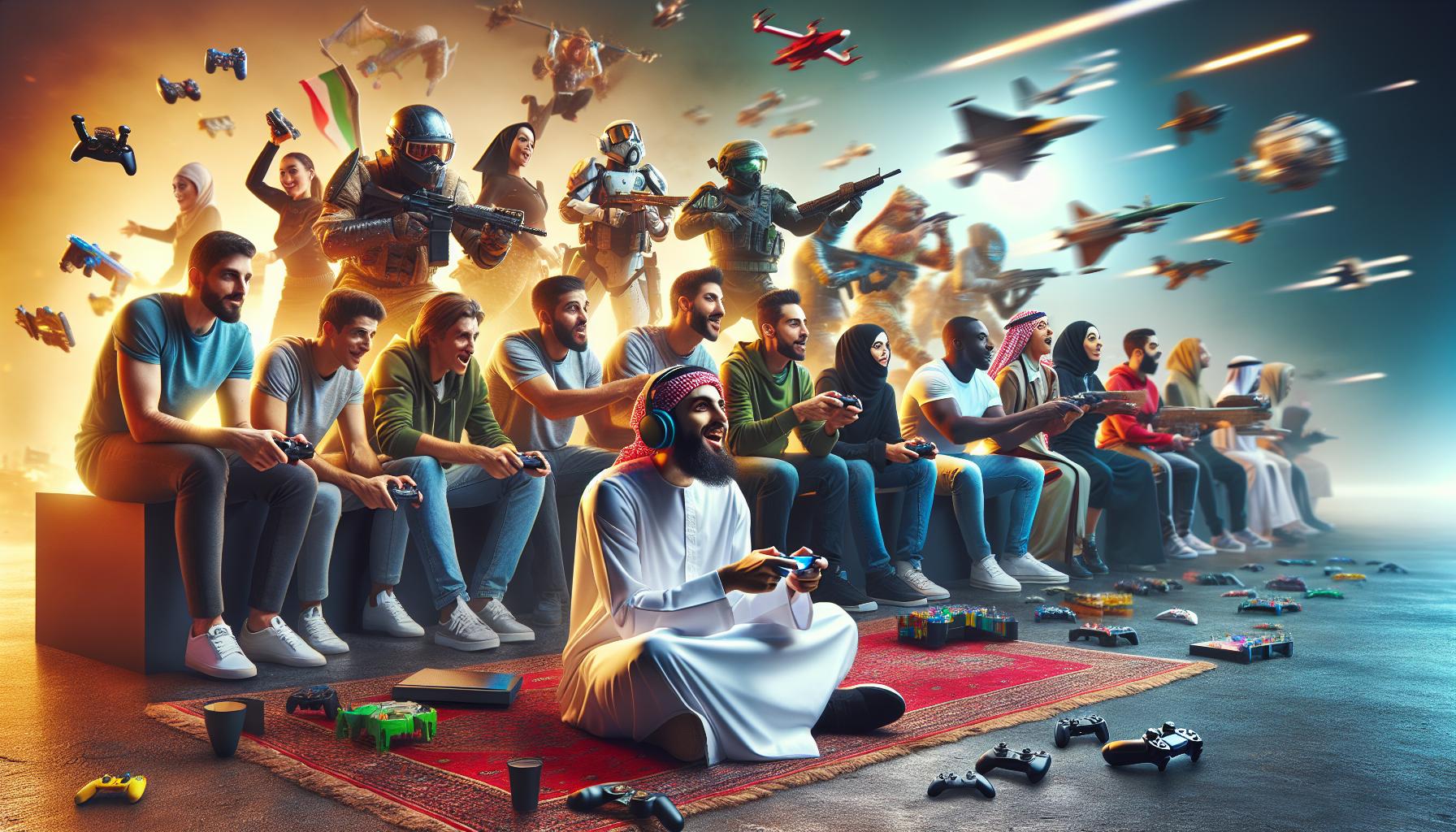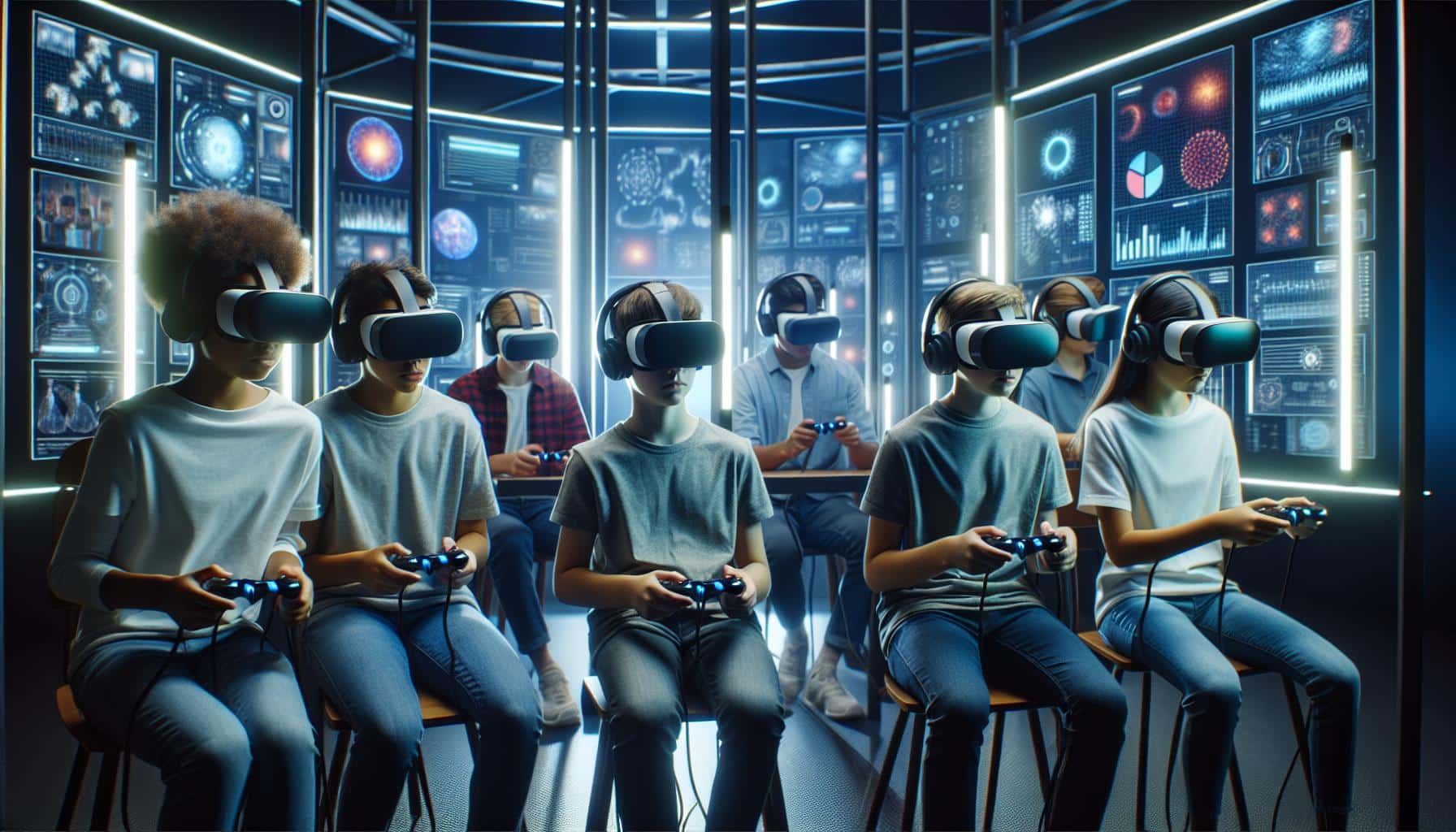The Enhanced Games, set to debut in May 2026, represent a radical departure from traditional sports by explicitly permitting performance-enhancing drugs. Backed by billionaire investor Peter Thiel and co-founded by Aron D’Souza, this competition offers million-dollar rewards for athletes who break world records, promising to merge elite sports with cutting-edge longevity science. Former Olympic stars like sprinter Fred Kerley and swimmer Kristian Gkolomeev have already committed to compete, signaling the Games’ serious ambitions beyond mere spectacle. The overarching goal is to create a marketing engine for a telehealth longevity business envisioned to generate substantial profits while addressing global demographic challenges.
A Telehealth Business Powered by Sports Marketing
D’Souza describes the venture as a telehealth service akin to companies like Hims or Roman, but uniquely validated by elite athletes using performance-enhancing protocols. Drawing inspiration from Red Bull’s extreme sports marketing, the product is not an energy drink but human enhancement compounds such as testosterone and growth hormone.
“We use sports marketing to sell a human enhancement product,” D’Souza explained. “It’s a telehealth service… with evidence that the best and fastest athletes in the world use our protocols.”
The business model targets a longevity industry projected to be worth trillions, aiming to keep humans competitive with advancing machines and productive well into their seventies and beyond.
Addressing Population Decline Through Human Enhancement
The Enhanced Games’ mission is rooted in a stark demographic reality: declining birth rates worldwide threaten economic growth and social stability. A McKinsey study highlights that fertility rates are below replacement levels globally, except in sub-Saharan Africa, pressuring governments to seek solutions. Traditional responses, such as mass immigration, face political resistance in Western countries, complicating demographic strategies. D’Souza argues that human enhancement offers an alternative to both immigration and social policy reforms aimed at increasing birth rates.
“How do you reconcile economic growth with anti-immigration? The solution has to be longevity and human enhancement, because there’s no other way,” D’Souza stated, referencing Japan’s aging population as a cautionary example.
The concept promotes extending healthy working years rather than relying on population replacement, positioning human enhancement as a necessity in aging societies.
High-Profile Support and Political Dimensions
The Enhanced Games have attracted “double-digit millions” in funding from notable figures such as Peter Thiel and Donald Trump Jr., who share concerns about demographic decline. The initiative also recruits executives from major sports and marketing organizations to build its infrastructure. Thiel’s investment portfolio includes longevity startups like Retro Biosciences and Unity Biotechnology, underscoring his commitment to the human enhancement sector. Trump Jr.’s backing through 1789 Ventures adds a political dimension, reflecting demographic anxieties prevalent among right-wing constituencies.
The Race Between Enhanced Humans and Artificial Intelligence
A critical tension underpins the Enhanced Games’ concept: the accelerating advancement of artificial general intelligence (AGI) threatens to render human labor obsolete. D’Souza acknowledges this existential challenge but positions human enhancement as a means to maintain relevance in an AI-dominated future.
“AGI will replace humans, making us a second-class species,” D’Souza said. “My goal is to ensure humans can remain competitive with the machines.”
The Games challenge outdated anti-doping regulations, arguing they hinder human enhancement progress necessary to keep pace with machine intelligence.
Ethical Considerations and Access Inequality
While the vision is ambitious, it raises concerns regarding equitable access. D’Souza concedes that enhancements will initially be available to wealthier individuals, potentially exacerbating social inequalities. He anticipates a technology diffusion effect where therapies developed for elite athletes gradually become accessible to broader populations. However, the premium telehealth business model suggests disparities may persist.
FinOracleAI — Market View
The Enhanced Games represent an unprecedented convergence of sports, longevity science, and demographic strategy. By leveraging elite athletic performance as a marketing vehicle, the venture seeks to disrupt traditional health and wellness markets while addressing global population aging.
- Opportunities: Potential to catalyze a new longevity industry, attract significant investment, and redefine human productivity in aging societies.
- Risks: Ethical concerns over doping normalization, social inequality from uneven access to enhancements, and regulatory pushback from established sports bodies.
- Political sensitivities surrounding immigration and demographic policy may amplify both support and opposition.
- Technological competition with AI introduces uncertainty about the long-term viability of human enhancement as a strategy.
Impact: The Enhanced Games could reshape sports and longevity markets, but face significant ethical, social, and regulatory challenges that may limit widespread adoption in the near term.













